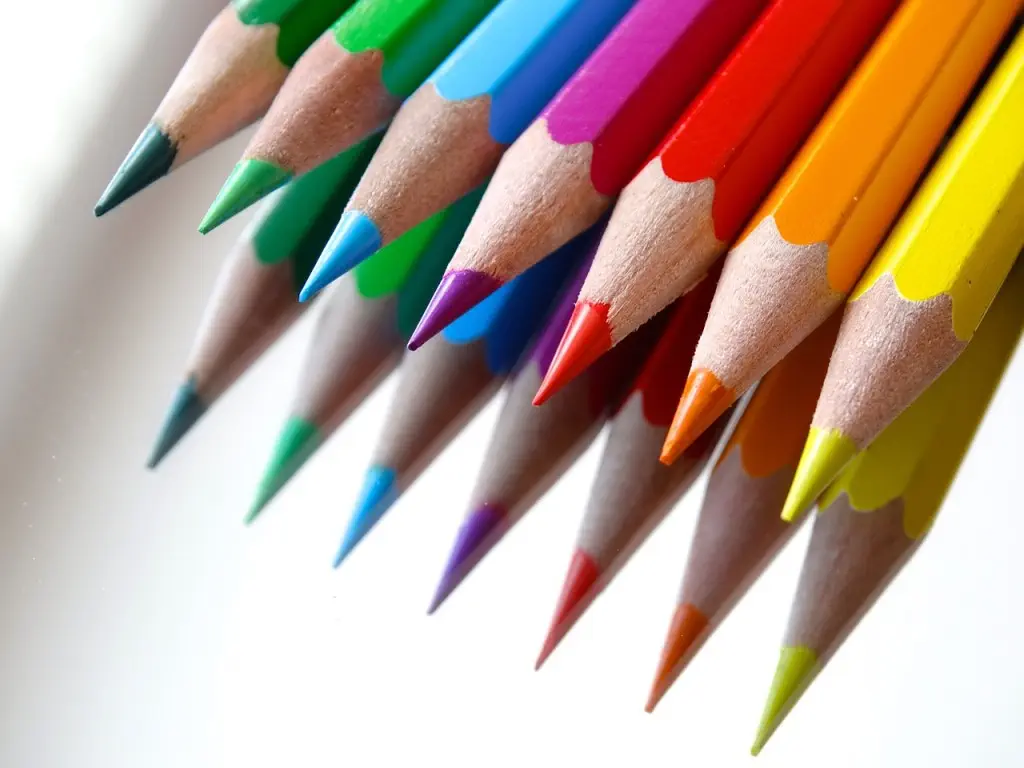
Wherever you may be studying – whether it be a private or international school in Manila – reading will always be an integral part of your learning experience. That’s a good thing too, as reading has the capability of molding your mind’s thoughts and ideas into whatever you want it to become and more. So whether you are reading about fantasy worlds, autobiographies, or complicated scientific topics, you will always end up learning something new.
But much like a book left on the shelf unread, knowledge is only useful if we truly understand and retain it. This may prove a challenge, though, as information can be quickly forgotten only moments after reading it. According to research from Learning Solutions Magazine, people can forget 50% of recently gained information in just one hour. A day later (24 hours), they have forgotten 70%, and fast forward to a week later an average of 90% is lost.
Fortunately, there are ways to counter this. Consider the following methods in order to do so:
Avoid Cramming
Psychology professor Dr. Marty Lobdell from Pierce College shared some of his best tips when it comes to studying. He proposed that the default method of trying to get everything in one giant cram session was unfavourable, and instead promoted the idea of breaking studying sessions up into shorter bits instead. The breaks are best utilized by doing fun activities – some of which will completely distract the brain from whatever it was doing previously. This has the effect of ‘refreshing’ it, priming it for the next set of information it is going to receive.

Everyone Learns Differently
Reading in itself can do much for information retention, but it still be further improved with the use of other methods too. According to an entry in the California Journal of Science Education, researchers found that “students’ achievement increases when teaching methods match their learning styles.” While it may not be applicable every time and some topics lend themselves better to certain styles of learning, there is no doubt about the fact that our other senses aid in ingraining information into our brain.

Repetition
Naturally, repeating something over and over will have a greater chance of sticking mentally. This was proven to be true according to a study from the Journal of Educational Psychology wherein subjects were tested for their effectiveness when recalling information based on what they could remember and how many times it was repeated to them. It was found that repetition did have a positive influence.

Get Creative!
Translate the information from one form to another. If it is originally in paragraph form text, try creating a diagram to represent it all and its connections. Other methods of representations such as charts, sketches, graphs, or even tables. Doing this will practice the brain for better memory through repetition which positively influences learning.
Reading – and ultimately, studying – is an important skill that children have to learn to excel in school and succeed in life. Reedley International School’s enriching academic program and curriculum ensures that students have all necessary life skills that will show them how learning can be done in various ways and does not always have to be stressful.






-logo.png)



